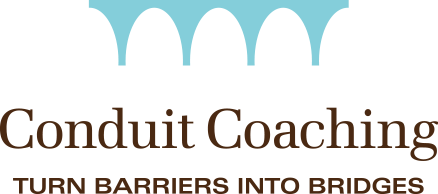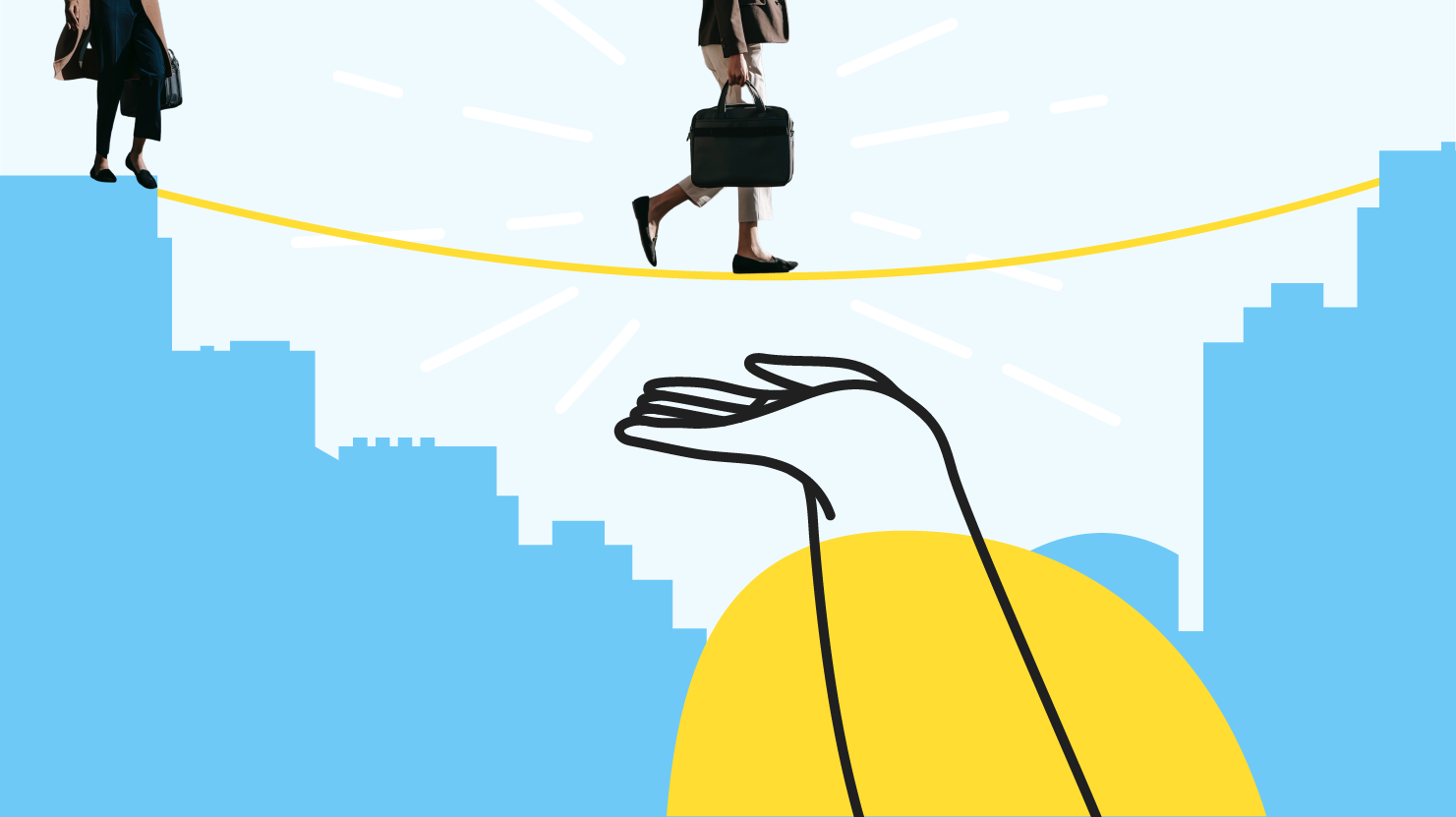Psychological Safety.
Yes. It’s a buzzword.
But it sounds good, right?
Makes us think of someplace warm, cozy, where everyone’s nice to each other.
All good except for one teeny-tiny problem.
That’s not psychological safety.
That’s false harmony—a simulation of safety where everything’s “fine”—no one is held accountable, and no one is willing to make difficult choices or even ask difficult questions.
Ugh.
So what’s true Psychological Safety?
Let’s look at a research-based definition from author and CEO Timothy Clark: “an environment of rewarded vulnerability.”
Or another from Harvard professor Amy Edmondson: “a belief that . . . the team is safe for interpersonal risk-taking.”
True Psychological Safety reduces social friction, making intellectual friction possible.
It enables us to offer ideas, ask questions, express concerns, and even make mistakes—all without fear of punishment or humiliation.
And it can be created anywhere, even in hybrid workplaces.
Why would I want it?
Because Psychological Safety is essential when high performance requires openness, flexibility, and interdependence.
Um. Kinda like what’s needed in our current world.
Research tells us that Psychological Safety helps . . .
- Teams perform well, even in the midst of change and adversity. In fact, Google’s Project Aristotle study found it to be an essential ingredient for high-performance teams.
- Curb psychological distress for employees.
- Individuals and teams learn more deeply and quickly, especially amid uncertainty, chaos and change. We see this in our Leadership Academy all the time.
So what’s up with Psychological Safety being a workplace anomaly? Well . . .
- Psychological Safety is hard-won. It takes significant effort to build and maintain, and it can be easily lost.
- We’re not sure how to build it—and overwhelmed by the million suggestions that pop up in a simple internet search.
So here. At last. What you’ve been waiting for, maybe without even knowing!
Based on her decades supporting leaders and teams . . . Mary Ellen’s hot list of ideas for building Psychological Safety.
Leaders, it starts with You!
 Signals sent by people in power (i.e. the “boss”) are critical to employees’ ability and willingness to offer their ideas and observations.
Signals sent by people in power (i.e. the “boss”) are critical to employees’ ability and willingness to offer their ideas and observations.
- Follow the two ears/one mouth rule, i.e., listen more than you speak. Especially with junior reports.
- Give your full attention. Quit multi-tasking. Look people in the eye, even if you’re on Zoom.
- Ask, don’t tell. Questions invite others to step up. Yes, you’re the boss for a reason: You know everything. Uhhh . . . except you don’t. And even if you did, others wouldn’t have to, so they wouldn’t learn.
- Acknowledge your fallibility a la Ted Lasso when you inevitably mess up.
- Be humble. Practice situational humility.
Still Unclear?
Think of your favourite boss.
You know, the one you learned the most from and grew the most with.
They probably cared about you, appreciated you, believed in you (maybe more than you did), held you accountable, yet were kind when you made a mistake.
 End with Why.
End with Why.
As beautiful as Psychological Safety is, it’s not a goal on its own. Psychological Safety is the means to an end. Know why you want it.
What’s your desired destination?
Enthusiastic engagement so people stay and want their friends to join your organization too because it’s such a great place to work?
Innovation so good work happens while discovering new opportunities and responding to change?
High performance so you hit all the metrics without sucking everyone’s spirit dry in the process?
None of this is easy and . . . Building true Psychological Safety smooths the path and speeds the journey.
Especially for Leaders & Teams in Seniors Care.
Significant amounts of research done specifically in health care show that a psychologically safe environment curbs psychological distress for healthcare workers. It reduces burnout.
That was important in Seniors Care BC (before COVID). And now . . . what do you think?
- Staffing shortages aren’t going away tomorrow. And it’s challenging with who who you do have . . . there’s probably 5 generations represented in your workplace and at least 5 different cultures.
- Protocols & processes were in flux pre-COVID . . . during COVID was unprecedented (that word again).
- The funding model is going to change. It has to.
Work in Seniors Care requires capacity to adapt to this chaos without it burning folks out . . . which means continuous learning since today’s best practices won’t be tomorrow’s, and and won’t work in every situation.
To have high performance & learning without piling on the stress requires openness, flexibility, interdependence.
That can only happen when there’s Psychological Safety.






